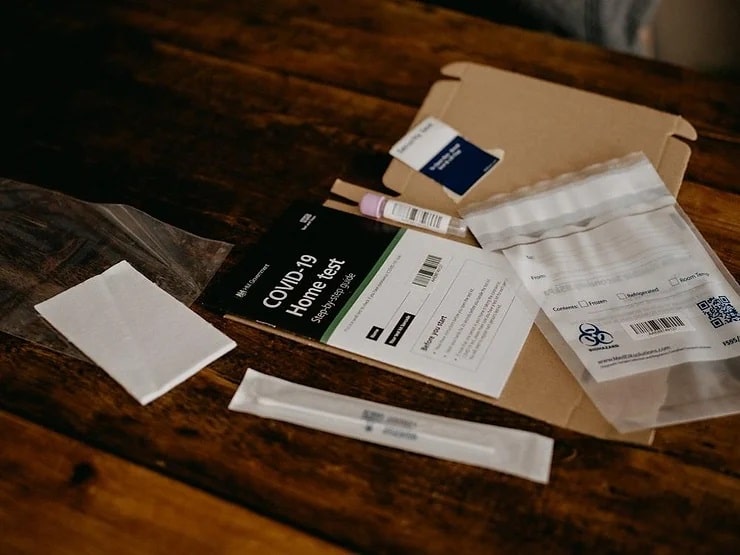A Basic Guide for Coronavirus Testing
It’s been more than a year since the coronavirus pandemic started. Different types of tests have been introduced, but very few people know what these tests are for. It’s vital that you know the types of available tests and what they’re used for, as this information can help save lives. Here’s a guide to covid testing:
Types of Tests
The tests for the coronavirus can be divided into two categories: diagnostic and antibody tests. The diagnostic test checks if you currently have a live viral infection. The two types of diagnostic tests are the molecular and antigen test. Samples for this test are collected through nasal or throat swab samples. In some cases, saliva samples might be used.
On the other hand, antibody tests identify if you have the antibodies for the coronavirus present in your body. Antibodies are protective proteins produced by the immune system in response to a viral infection. You shouldn’t use an antibody test to check for the presence of a live viral infection, as it’s not the proper test for this.
When to Get Tested
You should take the diagnostic test if you’ve been in contact with someone who’s tested positive for covid. You should also get tested if you’ve been in a high-risk situation where social distancing wasn’t possible such as if you’ve been traveling or have attended a gathering. You should also get tested if your health physician has advised you to or if you have symptoms of covid even after getting the vaccine.
At-Home Test Kits
You can use at-home testing or home collection test. You may or may not need a prescription for them, depending on the test kit. If a prescription is required, you’ll have to answer a few questions online so the healthcare providers can give the prescription and recommend the best test type for your condition.

Types of Samples
Two types of samples are commonly used for diagnostic coronavirus testing: swabs and saliva samples. A swab samples use a Q-tip like instrument to collect a sample from your nose or throat. The saliva sample is collected by spitting into a test tube. A blood sample is needed for an antibody test.
Decoding Test Results
Testing negative on the diagnostic test means you don’t have the SARS-CoV-2, or if the result is positive, you most likely have covid currently. However, keep in mind the possibility of false positives that might render the results inaccurate.
A positive antibody test result means your body has the antibodies for covid present, so you may have contracted the virus a few weeks ago. Even if you test negative on an antibody test, it could mean that you have the virus, but your body takes at most 3 weeks to produce the antibodies.
Currently, medical facilities require approval from an authorized physician to qualify for the covid-19 vaccine. At Good Hearts Testing, we can help you with that! We provide at-home covid testing for ease and convenience. We also offer drive-thru covid testing options for increased safety and convenience.
If you reside in Miami or Los Angeles, you can book your appointment with us online!
